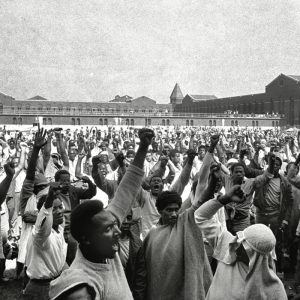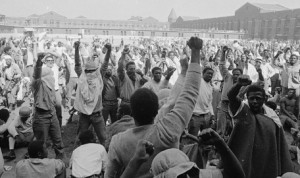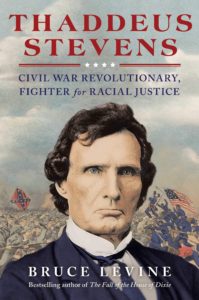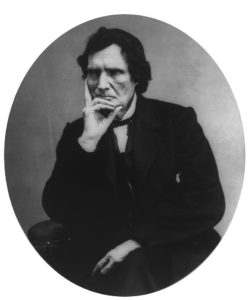Podcast: Play in new window | Download
50th Anniversary Of The Attica Prison Uprising
September 9th marks the 50th anniversary of the Attica prison uprising and the subsequent massacre by New York State police and prison guards. The rebellion at Attica prison, a medieval looking place near Buffalo New York, began on September 9, 1971 and ended four days later with governor Nelson Rockefeller, and aspiring presidential candidate, ordering the massacre. It resulted in the most people ever killed in a civil setting in the history of the USA.
The rebellion was inspiring to many around the country and around the world in that it represented a growing movement fighting for prisoners and human rights.
Civil rights attorneys, many from the National Lawyers Guild, came from around the country to immediately respond to the massacre. They provided legal representation to inmates who were charged with crimes due to their involvement in the rebellion.
Many of the participants, particularly key organizers, were subject to abuse and torture by the prison guards after the rebellion was suppressed.
Guest – attorney Michael Deutsch from the Peoples Law Office in Chicago. He along with the late attorney Elizabeth Fink were the main lawyers for the Attica brothers. He represented several Attica brothers in criminal lawsuits and the brothers in a class action civil rights lawsuit which lasted over 20 years and settled in 1999 for $12 million.
—-
Stevens Thaddeus Stevens: Civil War Revolutionary, Fighter for Racial Justice by Bruce Levine
The 1861 to 1865 Civil War and the reconstruction period which followed it is widely considered to be the second American revolution. The slave-owning planter class in the south was defeated, at least for a while. Slave labor was abolished, but came back in other forms after reconstruction was crushed by 1877.
The promise of the declaration of independence that all men are equal before the law was fulfilled, at least for a while. Pennsylvania congressman Thaddeus Stevens was the foremost political leader in the struggle, even more than Abraham Lincoln. Stevens helped to bring about the abolition of slavery and was a leader in the effort during Reconstruct to make the United States a biracial democracy This wise and eloquent revolutionary has been vilified and rendered rendered obscure during most of the years since he died 153 years ago.
The distinguished historian Bruce Levine in his just published biography of Stevens “Thaddeus Stevens: Civil War Revolutionary, Fighter for Racial Justice” has secured a place for him alongside his contemporary John Brown in the pantheon of American revolutionary figures.
Guest – Bruce Levine, emeritus professor of history at the University Illinois and the author of four previous books on the Civil War era.
——————————-




